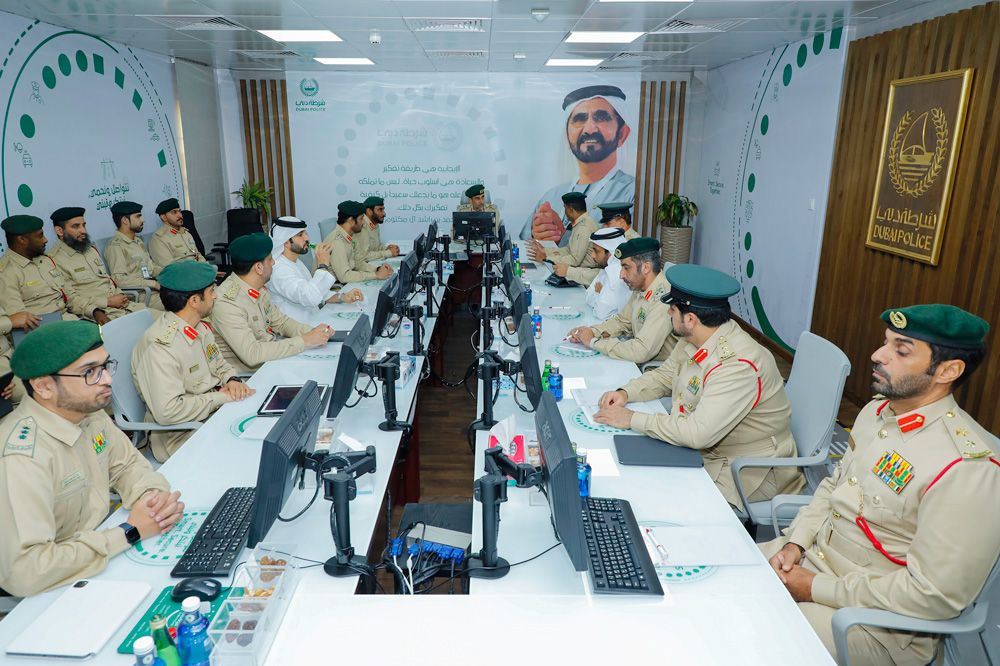Dubai, UAE – Bayt.com, the Middle East’s leading job site, and Markelytics Solutions have collaborated on a new research and unveiled the results of their first study together, named the Salary Survey in the MENA region. The initiative delves into core aspects of employee satisfaction, including compensation, work-life balance, job security, and professional growth. Drawing on responses from over 1,200 employed individuals across the GCC, North Africa, and the Levant, the research identifies opportunities for employers to enhance compensation structures, retain talent, and better understand the evolving needs of today’s workforce.
The survey highlights notable patterns in job mobility among MENA professionals. Men exhibit a higher tendency to switch jobs compared to women (65% vs. 50%), often driven by the pursuit of better compensation or career progression. Younger respondents (18–25) display particularly high turnover rates with over 40% having a tendency to switch jobs with many having held three or more roles early in their careers. In contrast, employees aged 36 and above often report having five or more past roles, reflecting career stability and growth. Additionally, 81% of respondents have spent no more than two years with their current employer, indicating widespread job transitions across the region. Regionally, employees in North Africa and the Levant tend to have longer tenures due to local workforce participation and union protections. In the GCC, which includes a large expatriate workforce, contractual limitations set by employers result in shorter tenures, as 48% of respondents have been with their current employer for only 1–2 years.
The survey also highlighted benefits of employees, ranging from monetary and work-life balance to professional development. The results revealed that 77% of respondents receive monetary benefits, such as bonuses or overtime pay, with men more likely to access these financial perks. Women, meanwhile, benefit more from policies supporting work-life balance. Healthcare coverage is most prevalent in GCC countries, where nearly half of employees receive medical insurance, while employees in the Levant receive the least healthcare coverage. In terms of benefits related to professional and personal development, opportunities are limited, with North Africa showing relatively better engagement in training programs. Flexible working hours are reported by 25% of respondents, but family-oriented benefits like educational allowances or travel support remain scarce.















